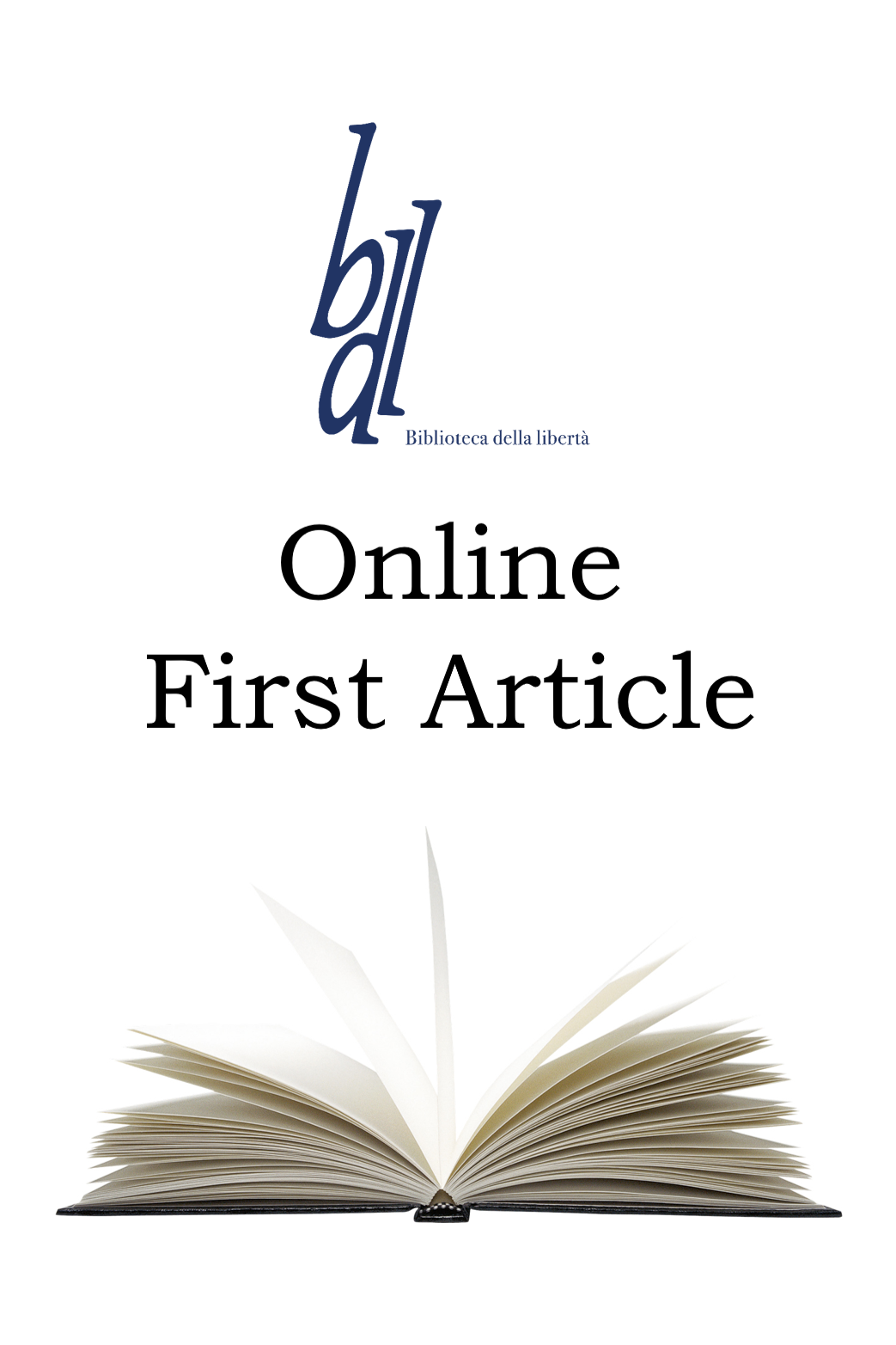- Ricerche e Progetti
- Biblioteca della Libertà
- Pubblicazioni e Working Paper
- Articoli e media
- Eventi e notizie
All issues
Illegal Immigration and Refugeehood at the Time of Covid-19: Rethinking Amnesties and Closed Borders
Anno LV, n. 228, maggio-agosto 2020
- Categoria/Category
- Anno LV, n. 228, maggio-agosto 2020
- Autore/Author
- Gloria Zuccarelli
- Editore/Publisher
- Centro Einaudi
- DOI
- 10.23827/BDL_2020_2_7
- N°
- 121
- Luogo/City
- Torino
- Articolo completo/Full text
- 07-BDL228_Zuccarelli.pdf
Abstract
Regardless of very few examples, immigration during Covid-19 emergency has been put on the margins of public discourse. This paper is meant to address immigration and refugeehood to and in the European Union at the time of this health emergency by advancing two theses. The paper defends these two theses relying on two main arguments: one based on morality and a public interest-based one. The first thesis defends the idea of a long-term regularization of all irregular immigrants already residing in the European territory through the tools of sanatoria and amnesties. Morally, irregular immigrants, as an extreme vulnerable group, have the right to be protected from the epidemic and the exploitation that may follow. The public interest-based argument supports the idea according to which regularizing all the irregular immigrants through amnesties is necessary to benefit and protect the whole European community, by facilitating the tracking of the contagion. Successively this article maintains a policy of closed borders until the state of emergency is declared over. More precisely, it argues that EU Member States, due to the pandemic, are justified and even morally required to exclude would-be immigrants, and even to suspend new asylum applications for potential would-be refugees illegally entering EU Member States. There are four premises behind this non-ideal approach: a) during emergencies, states can take urgent and coactive decisions. b) The Covid-19 pandemic constitutes an emergency that allows states to take coercive actions even with reduced democratic representation. c) The necessity for a European united plan is also sustained. d) Refugees and illegal immigrants are partly considered part of the same arguments even though the normative difference between the two groups is recognized.







